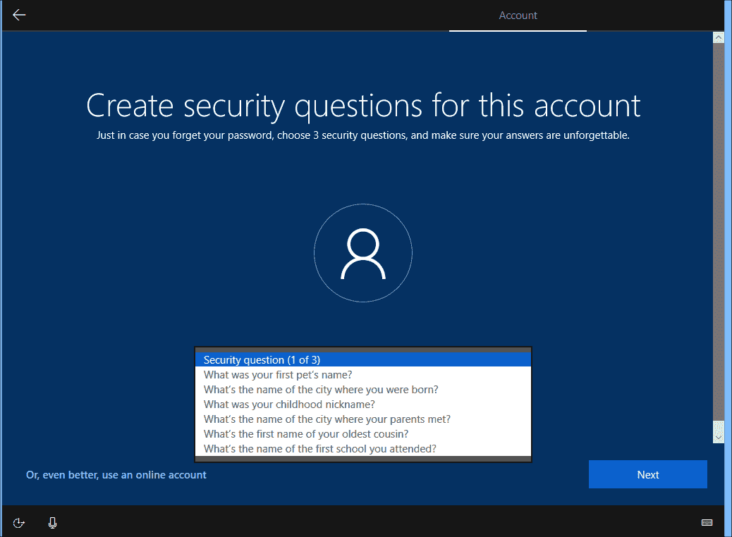Navigating the world of social interactions can be tricky, particularly when it comes to dealing with negativity or toxic individuals. A common dilemma many of us face is whether to block or ignore such elements. In this enlightening article, we’ll delve into the reasons why ignoring is often a better strategy. We’ll explore the psychological implications, the impact on your mental health, and how it can lead to personal growth. So, if you’re stuck in the ‘block or ignore’ conundrum, read on to discover why the power of ignoring can lead the way to a healthier and more peaceful existence.
“Understanding the Differences: The Impact of Blocking vs Ignoring”

When it comes to managing unwanted interactions online, understanding the differences between blocking and ignoring is crucial. Blocking someone completely cuts off their ability to interact with you, which can escalate tension and potentially lead to more harm. On the other hand, ignoring allows for a more peaceful and less confrontational resolution. It lets unwanted messages go unnoticed and unanswered, creating a virtual barrier against negativity. Moreover, ignoring can be more beneficial in terms of enhancing your digital well-being and mental health. Thus, the impact of choosing to ignore over blocking is often more positive and less stressful.
“Why Choosing to Ignore is More Beneficial for Mental Health”

Choosing to ignore over blocking can be more beneficial for mental health for several reasons. Ignoring allows you to mentally detach from negative energy, reducing stress, anxiety, and potential confrontations. It also promotes a healthier attitude towards conflict, encouraging personal growth. By focusing on the positive aspects of your life rather than dwelling on the negativity, you’re essentially nurturing your mental health. Ignoring also cultivates emotional resilience, a key aspect in maintaining a healthy mental state. Plus, it’s a proactive approach that can improve your overall well-being, making it an effective strategy for better mental health.
“The Psychological Effects: The Pros and Cons of Blocking and Ignoring”

The psychological effects of blocking versus ignoring can vary greatly. Blocking can offer a sense of control and finality, leading to immediate relief. However, it can also evoke feelings of guilt or regret. Ignoring, on the other hand, can be mentally taxing, but it fosters resilience and emotional growth over time. Furthermore, ignoring doesn’t leave a digital footprint, whereas blocking might be perceived as a direct confrontation. In terms of mental health, ignoring can provide a more profound, long-lasting feeling of empowerment. Hence, it’s important to weigh the psychological pros and cons of blocking and ignoring to choose the most beneficial approach for your wellbeing.
“Case Studies: Real-Life Scenarios Where Ignoring Proved Better”

A number of real-life case studies demonstrate the advantage of ignoring over blocking. For example, a study conducted by the University of Oxford revealed that ignoring online trolls resulted in reduced negative behavior, highlighting the effectiveness of the ‘Don’t feed the trolls’ strategy. In the business world, successful entrepreneurs like Elon Musk and Richard Branson have often emphasized ignoring negative criticisms to focus on their goals. Similarly, psychological studies have indicated that ignoring distractions aids in better productivity and mental health. These instances underline the benefits of choosing to ignore in specific scenarios, showcasing its potential in fostering a healthier and more goal-oriented environment.
“Expert Opinions: Why Psychologists Advocate for Ignoring Over Blocking”

Leading psychologists are increasingly endorsing the practice of ignoring over blocking, particularly in online interactions. They argue that blocking can cause heightened emotional distress and escalate conflict. On the other hand, ignoring allows individuals to mentally disengage without inciting further issues. This approach aligns with cognitive-behavioral theories, suggesting that our reactions can either reinforce or diminish negative behavior. By choosing to ignore, we essentially deny the aggressor their desired reaction. This method, psychologists believe, is far more effective in promoting healthier online environments and personal mental well-being. For this reason, the practice of ignoring is gaining traction as a recommended conflict management strategy.




